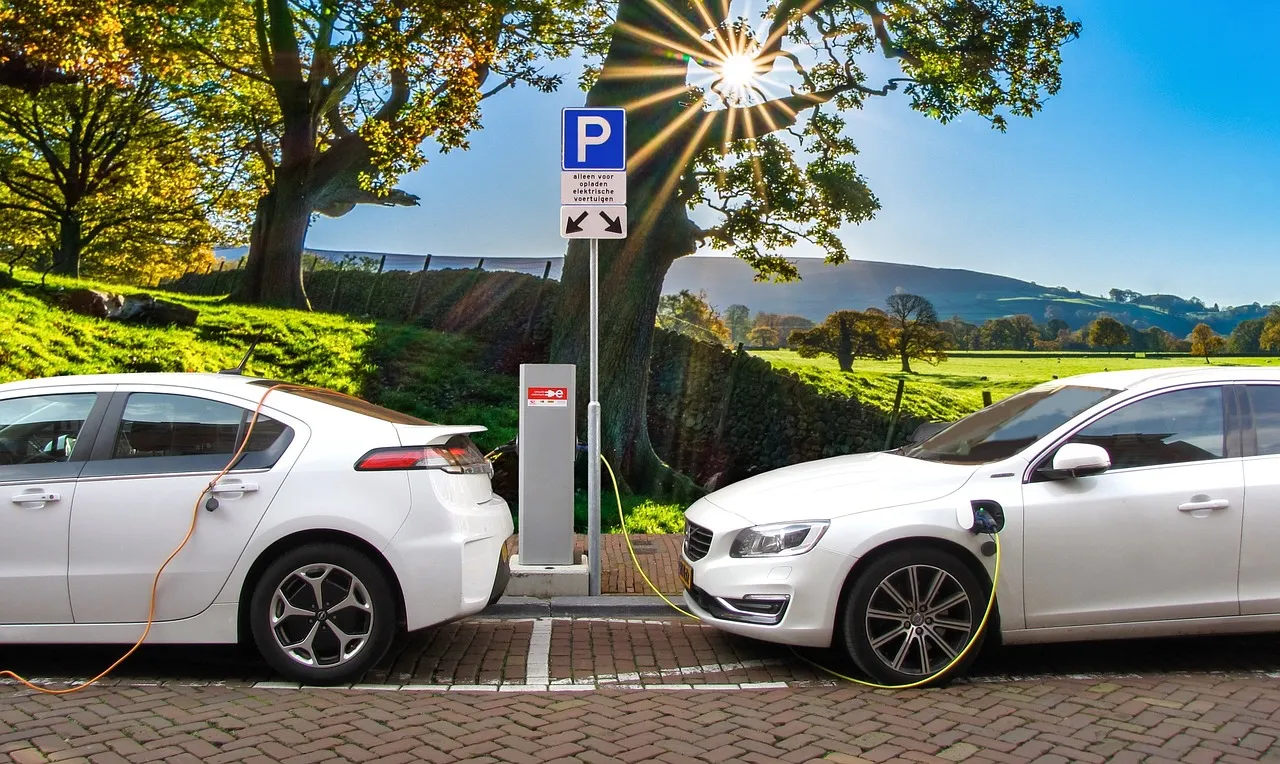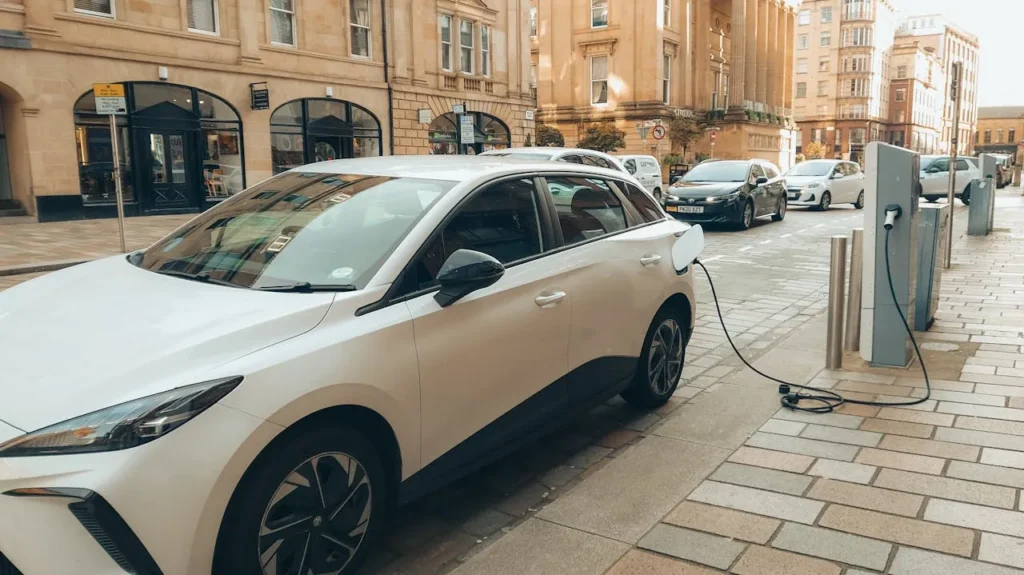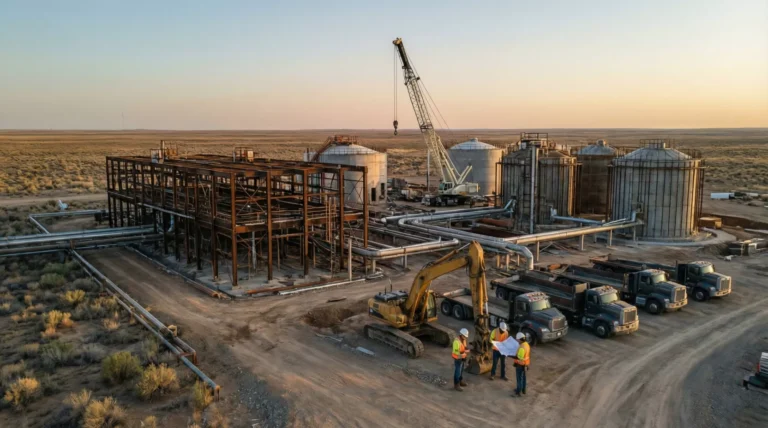
ComEd Offers $100M in EV Rebates to Boost Adoption in Illinois
ComEd has taken a significant step toward promoting electric vehicle (EV) adoption by announcing the availability of $100 million in rebates. This initiative, revealed at the annual Chicago Auto Show, is designed to encourage more residents, businesses, and public sector entities in Illinois to transition to electric transportation. The rebates focus on three main areas: residential EV chargers and installation, all-electric fleet vehicles, and infrastructure upgrades for charging stations. These investments aim to lower the upfront costs associated with EVs and ensure equitable access to funding for communities looking to embrace cleaner transportation.
A Comprehensive Approach to EV Adoption
ComEd’s Senior Vice President of Customer Operations and Strategic Initiatives, Melissa Washington, emphasized the company’s commitment to equipping the power grid for increased electrification while also providing customers with necessary resources to make the transition to EVs. She highlighted that this $100 million investment follows the success of last year’s rebate programs and will help support home-based Level 2 charging, fleet electrification, and infrastructure development to meet the rising demand for EVs in northern Illinois.
For 2025, ComEd has allocated $53 million to support business and public sector EV fleet purchases. This includes financial assistance for small businesses investing in a single electric vehicle as well as larger enterprises incorporating medium- and heavy-duty electric vehicles into their operations. Additionally, nearly $38 million is earmarked for infrastructure upgrades, particularly for Level 2 (L2) and Level 3 (DC fast charging) stations. Residential customers will have access to approximately $9 million in rebates to help offset the costs of purchasing and installing at-home Level 2 charging equipment, with individual rebates reaching up to $3,750 per charger.
Legislative Backing and Equity Considerations
ComEd’s EV rebate program aligns with Illinois’ Climate and Equitable Jobs Act (CEJA), a legislative framework aimed at achieving the state’s goal of one million EVs on the road by 2030. Last year, ComEd launched an initial $90 million funding round to help customers transition to electric mobility.
State EV Officer Megha Lakhchaura praised ComEd’s rebate initiative for accelerating the expansion of charging infrastructure, which plays a crucial role in enabling sustainable transportation. She noted that these incentives empower consumers to make cleaner choices, thereby supporting the transition to zero-emission transportation.
A key feature of the rebate program is its focus on equity. More than half of the total funds are reserved for low-income customers and communities identified as equity-eligible. Moreover, additional rebates are available exclusively for low-income customers and organizations primarily serving those communities. Given the broad benefits of EV adoption, including reduced emissions, lower fuel costs, and economic growth, these initiatives are particularly impactful in historically underserved areas where air quality improvements are most needed.
Health and Environmental Benefits
Air quality improvements are among the most significant advantages of increased EV adoption. Brian Urbaszewski, Director of Environmental Health Programs at the Respiratory Health Association, emphasized the importance of replacing traditional vehicles with zero-emission alternatives. He pointed out that communities disproportionately affected by lung disease will particularly benefit from reduced air pollution. Encouraging eligible customers to apply for these rebates, he highlighted the dual benefits of financial savings and improved public health.
Since launching its rebate program last year, ComEd has observed a surge in EV adoption. The company has funded EV projects across over 300 ZIP codes, supporting nearly 3,500 residential and commercial charging stations (both Level 2 and DC fast charging). Additionally, the program has facilitated the acquisition of more than 200 new and pre-owned EVs for municipal fleets, businesses, and school districts. Notably, more than half of these funds have been allocated to low-income customers and projects in equity-eligible areas.
Expanding EV Adoption Across Illinois

Susan Mudd, Senior Policy Advocate at the Environmental Law & Policy Center, underscored the importance of electrifying medium- and heavy-duty vehicles, including school buses. She explained that eliminating diesel-powered buses and trucks from communities will significantly reduce harmful emissions, leading to better respiratory health outcomes for children and adults alike. With potential federal policy shifts threatening various air quality regulations, ComEd’s initiative becomes even more critical in enabling school districts and businesses to modernize their vehicle fleets sustainably.
Illinois has seen a steady increase in EV adoption, with more than 126,000 EVs currently on its roads. Northern Illinois leads the charge, accounting for over 112,000 of these vehicles. Beyond offering rebates, ComEd supports multiple programs to help customers transition to EVs while aiding communities in achieving regional net-zero transportation goals.
Supporting Municipalities and Local Governments
Jennifer Morand, President of the Chicago Automobile Trade Association, commended ComEd for driving EV adoption across Illinois. She emphasized that local car dealers are prepared to support the transition by offering a diverse range of all-electric, hybrid, and plug-in hybrid vehicles while educating consumers about their benefits.
To help municipalities and local governments prepare for the EV revolution, ComEd has partnered with the Metropolitan Mayors Caucus to develop an EV Readiness program. This initiative assists local officials in crafting ordinances, safety measures, and infrastructure plans that align with increasing EV demand. To date, over 41 local governments in northern Illinois have participated in this program, receiving guidance on formulating policies to ensure safe and effective EV integration.
Kevin Burns, Chairman of the Environment and Energy Committee of the Metropolitan Mayors Caucus, expressed gratitude for ComEd’s support. He noted that by advancing EV policies and infrastructure at the local level, ComEd’s investments will significantly reduce emissions, improve air quality, and ensure an equitable transition to clean transportation throughout northern Illinois.
Enhancing the Customer Experience
To simplify the process for customers and businesses, ComEd offers Fleet Electrification Assessments, providing insights into the most efficient ways to transition fleet operations to electric. The company has also introduced a rebate reservation system for charging infrastructure developers, ensuring that funding remains available as projects are completed.
In partnership with over 70 auto dealers and manufacturers, ComEd has created a Fleet EV Point of Sale program, enabling businesses to access rebates for new and pre-owned electric fleet vehicles at the time of purchase. Additionally, the company has established an EV Service Provider Network, featuring more than 84 certified local businesses that specialize in EV charger installations. This initiative provides customers with a trusted list of contractors to help them seamlessly install and integrate charging solutions.
Ed West, President and Owner of Veterans Energy, lauded ComEd’s support in fostering business growth within the EV sector. He shared that being part of ComEd’s Electric Vehicle Service Providers network has been transformative for his company, enabling him to expand operations while helping more customers qualify for EV rebates. His experience underscores the broader economic benefits of ComEd’s initiative, which not only accelerates EV adoption but also drives job creation within the clean energy sector.










